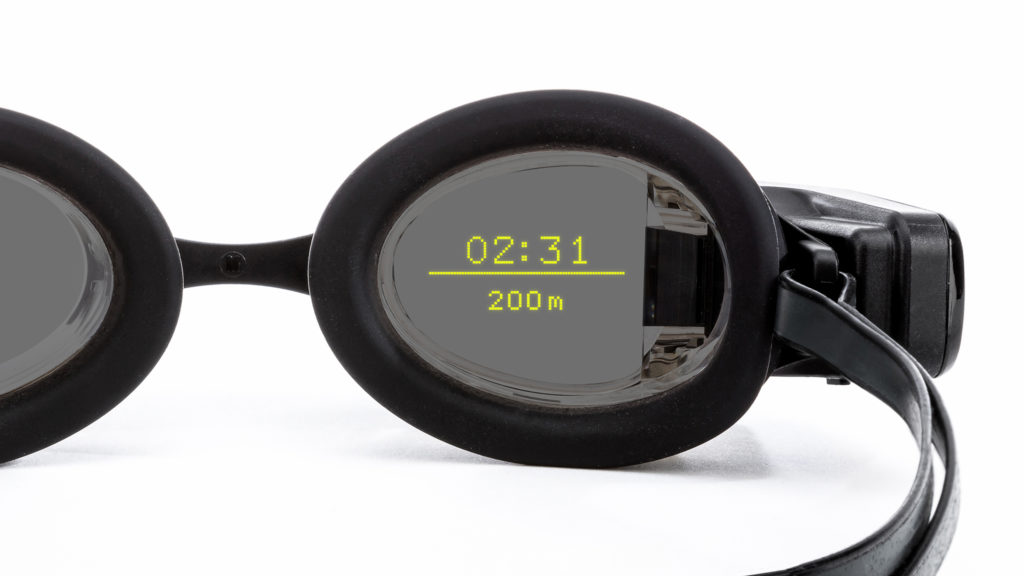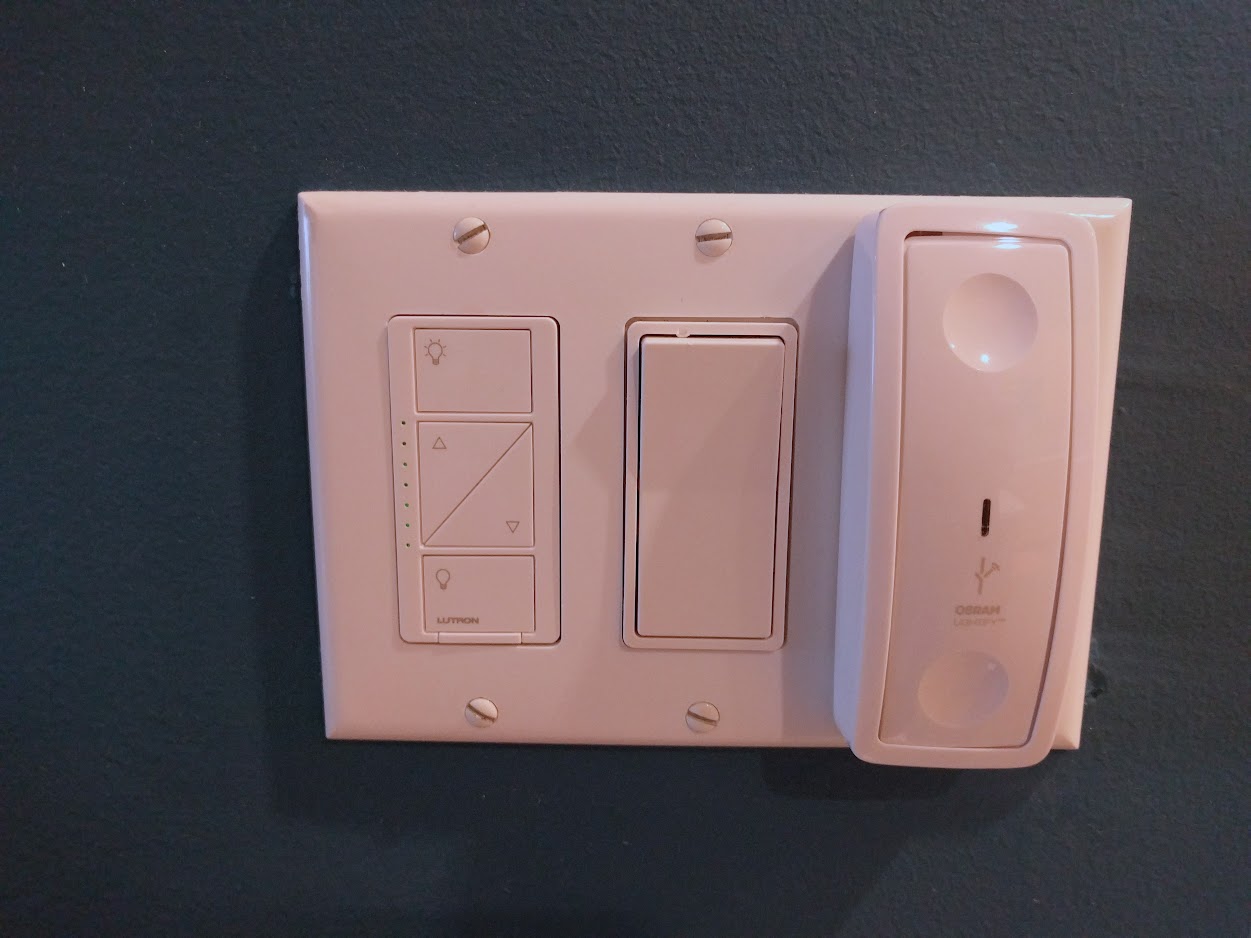This week Kevin and I dig into two sets of best practices for privacy and data collection relating to track-and-trace programs enacted on our devices. One is from Microsoft, and the other is from MIT. We also talk about Ring asking users if they want the ability to read license plates in their security cameras and offer some insights about the recently launched update to the Ring Alarm system. From there we discuss vulnerable smart hubs, vulnerable servers, and a power-efficient NB-IoT modem. Next up is a bit of news about Folding@Home using a Raspberry Pi, smart swim googles, using computer vision to save coral reefs, and a bit about blood pressure monitors. We end by answering a listener question about available Wi-Fi 6 routers.

This week’s guest is Karen Herter, Level III energy specialist at the California Energy Commission, who explains how we’re going to get to a dynamic energy grid that helps consumers and businesses react in real time to the price of energy. We have plenty of energy-saving devices and even the ability to turn off or lower the energy demands in our home, using smart tech, but there’s not much of an incentive. If states and utilities work to make real-time pricing changes available to the home (likely a governing device) then the home can react by reducing electrical demand. She talks about the tech and regulations that will make this possible and informs me that FM broadcasts might be the best way to disseminate the pricing information cheaply. It’s a good interview.
Hosts: Stacey Higginbotham and Kevin Tofel
Guest: Karen Herter, Level III energy specialist at the California Energy Commission
Sponsors: Calix and Ayla Networks
- How to think about data privacy during a pandemic
- Ring’s interest in surveillance style tech continues
- Smart googles and microamp modems are pretty cool
- Why California wants an energy grid that looks like the internet
- Maybe FM radio has a role to play in the IoT

No comments:
Post a Comment